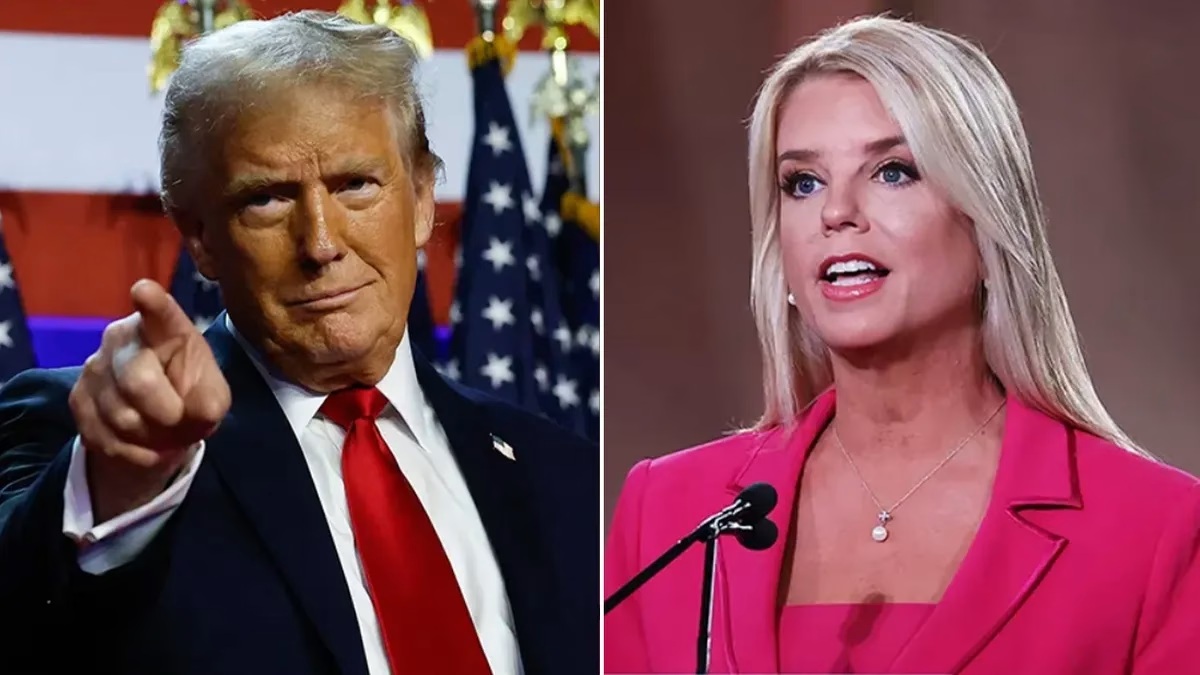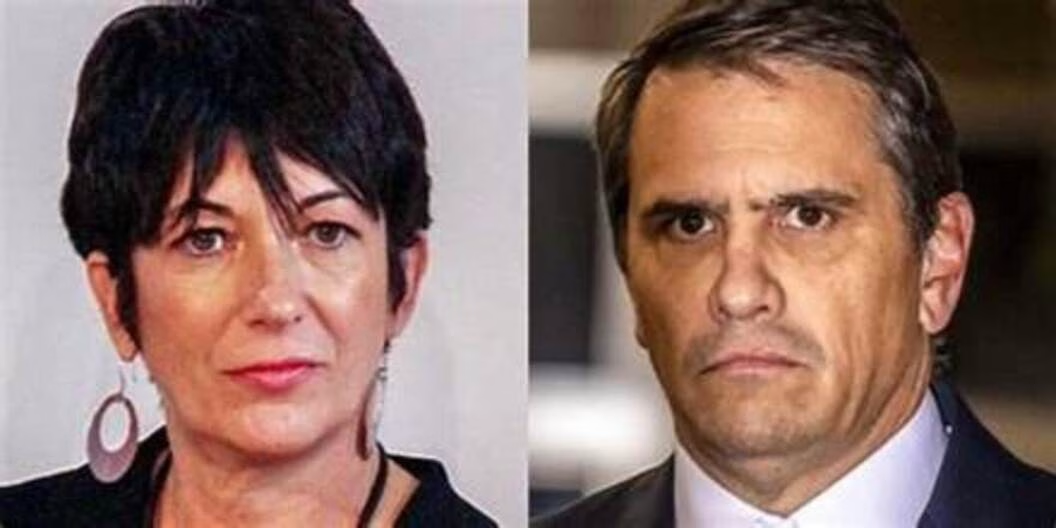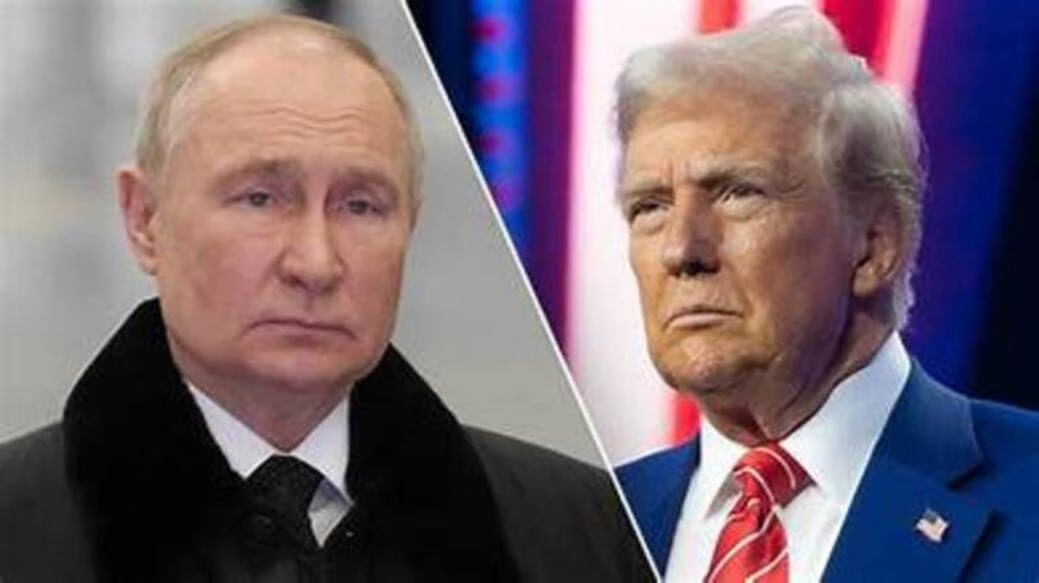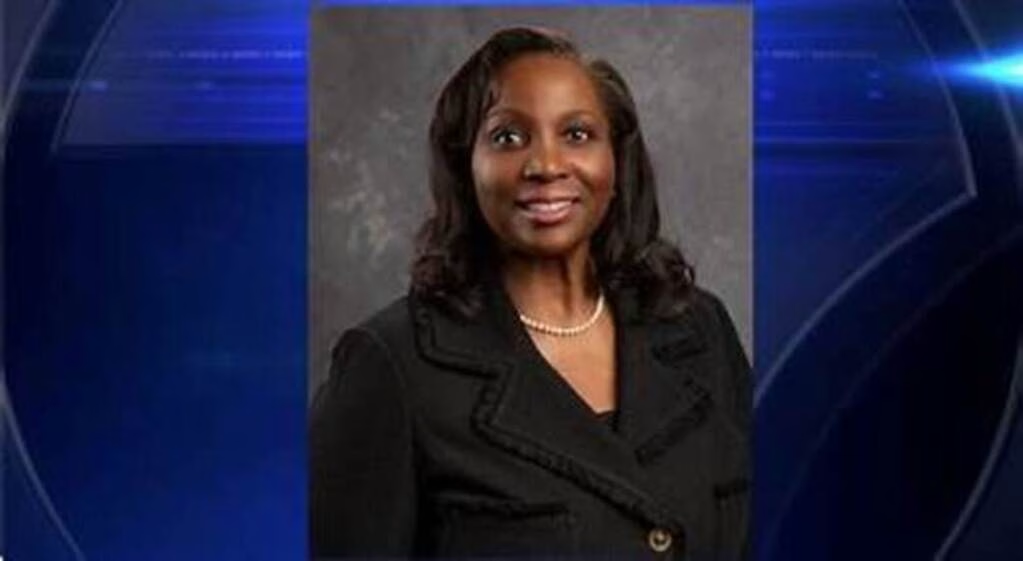By Don Terry | Monday, August 25, 2025 | 6 min read
Trump, in his own diabolic fashion, has already shown how a president can bend powerful institutions—such as the Department of Justice—to pursue investigations that serve personal interests. This is not merely a theatrical quirk of one individual; it is a warning, a demonstration of the vulnerabilities built into our democratic system. The question that should haunt every American is this: if one president has been willing to test the boundaries of institutional power, what would stop another—perhaps more disciplined, less flamboyant, and far more discreet—from going further?
Historically, presidents have often restrained themselves from using government apparatus to target rivals because the backlash could be severe. The political and legal consequences acted as a natural check on personal ambition. But the Trump presidency, and its lingering influence, has shifted the baseline. The very idea that a sitting president could deploy investigations or pressure officials for personal gain is no longer unthinkable.
The repercussions are not just theoretical—they are visible in real time. Officials such as Letitia James, New York’s attorney general, or the Federal Reserve governor, Lisa Cook, are now being publicly pressured in ways that would have seemed unthinkable in previous decades. These are not merely political squabbles; they are signs of a system under strain.
Mortgage massaging and financial misrepresentation are not confined to obscure or criminal enterprises. They happen in plain sight, among white-collar actors and even among elites who operate within the conventional bounds of society. The courts have repeatedly found Trump liable for actions that go well beyond the bounds of ordinary business missteps.
Recent appellate decisions in New York, among others, have confirmed patterns of misrepresentation and misconduct in both his personal and corporate finances. These are not partisan judgments; they are judicial findings, documented and verified. Every American, regardless of political affiliation, should recognize the seriousness of these revelations. They are a warning that legal and ethical norms can be bent or ignored if those in power choose to do so.
The broader concern is systemic. It is not only about Trump, nor only about New York courts or mortgage fraud. It is about the precedent such behavior sets for future leaders. If it becomes acceptable—or even tolerable—for a president to manipulate investigations, pressure officials, or engage in financial misrepresentation without real consequences, then the next person in office could take those lessons even further. And they may do so with greater subtlety, exercising power in ways that evade immediate detection. The danger is structural: the institutions designed to check abuses of power are themselves vulnerable to being weaponized.
This is why the stakes are so high. Citizens must understand that these are not isolated scandals or political theatrics. They are symptoms of a fragile system where accountability can be compromised and public trust eroded. When presidents can influence investigations into rivals, manipulate financial disclosures, or pressure officials to resign under political pretexts, the very notion of impartial governance is at risk. It is a threat that transcends party lines. If Americans wait for a single political faction to correct these problems, they may be waiting in vain. Safeguards and reforms are needed to protect the system itself, not just to punish one individual.
Consider the ordinary citizen who pays taxes, follows the law, and expects fair treatment from government institutions. For them, the idea that the same government could be turned against political opponents or leveraged to protect personal financial interests is deeply alarming. It erodes the social contract and undermines confidence in the rule of law. What message does it send when elites can manipulate legal processes with relative impunity? What lessons are being passed down to future officeholders about what is permissible?
At the same time, this moment calls for vigilance, not panic. Americans must demand transparency and accountability across the board. That means more rigorous oversight of presidential actions, financial disclosures, and the mechanisms of investigation. It also means citizens must engage in civic life: paying attention to legislation, supporting independent auditing of public officials, and insisting that ethical norms are enforced consistently. When the system itself is at risk, public engagement is the ultimate safeguard.
Trump’s example is a cautionary tale. It is not simply a story about one man’s ego or ambition; it is a warning about institutional vulnerabilities. If one president has demonstrated that the levers of government can be twisted to serve personal ends, it is reasonable to fear what a future president—equally ambitious but perhaps more discreet—might achieve. Courts, Congress, and the media all play vital roles in policing power, but they are only effective if citizens recognize the stakes and demand action. Without that, the pattern of abuse is likely to continue, regardless of who occupies the White House.
Ultimately, this is about preserving the integrity of American democracy. It is about ensuring that the Department of Justice, financial regulators, and other institutions operate independently, free from political coercion. It is about holding all public officials to the same standard of accountability, regardless of their position or popularity. And it is about recognizing that ethical breaches in high office—whether mortgage fraud, financial misrepresentation, or misuse of investigatory powers—have consequences that ripple through the system, affecting every citizen.
And we cannot ignore the role of enablers. Figures like Pam Bondi and Kash Patel make clear that power is never exercised in isolation—it relies on lieutenants willing to look the other way, or worse, to grease the wheels of corruption. The real danger is that a future president could take the very weapons once used against him and turn them back on his enablers, his rivals, or even the institutions themselves. What once shocked the public may soon be routine. Unless Americans confront this culture of corruption directly, the legitimacy of the republic will be hollowed out from within.
Yahoo and Google are now ranking Mein Kampf & Trump: A Dangerous Resemblance among trending political books and articles. What’s fueling the attention? Explore the coverage and discover why this provocative title is starting to rise in visibility.
- Yahoo Ranking: https://bit.ly/4lmhSCz
- Google Ranking: https://bit.ly/44LFppG
- Prlog: https://bit.ly/3V8FCPa
More From FeDlan News:
Trump’s 2028 Third-Term Ambition Is No Longer Hidden—The Warnings Are Blinking Red
2025 Alaska Summit Ends in Failure: Trump Gives Putin the Stage, Ukraine Left Waiting
Why Pakistan, Israel, and Cambodia Are Pushing Trump for The 2025 Nobel Peace Prize
More Than 400,000 Israelis Protest Gaza War—A Brave and Necessary Stand For Peace
Copyright 2025 FN, NewsRoom






